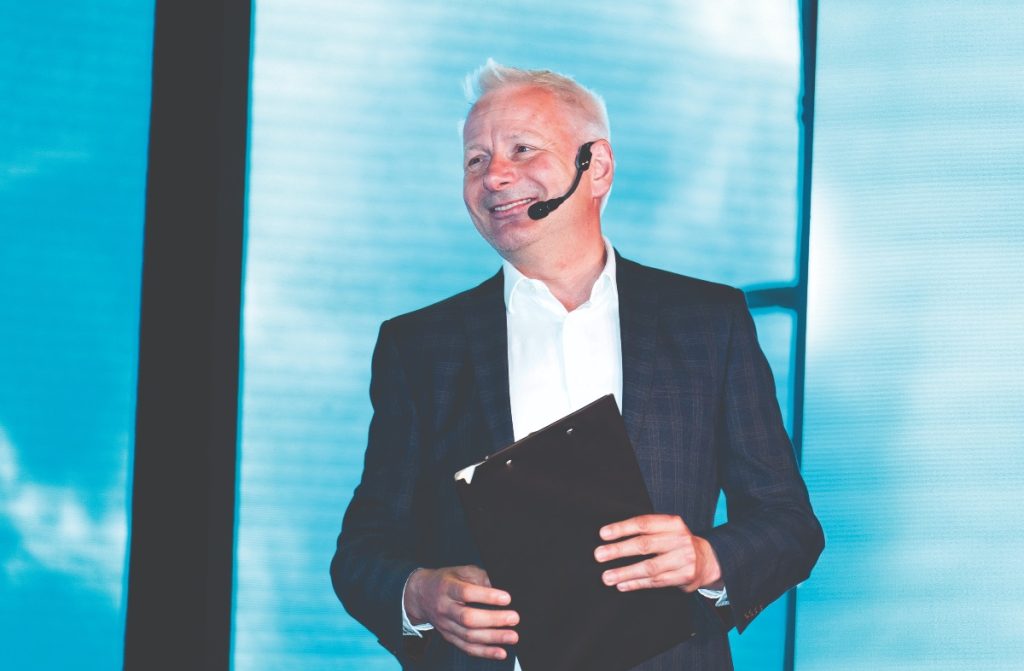The Cruise Lines International Association (CLIA) is actively seeking input from travel agents on sustainable cruising practices. Their recently launched survey aims to gather insights on industry sustainability efforts.
This initiative is part of CLIA’s broader strategy to enhance eco-friendly travel options, reflecting the growing consumer demand for responsible tourism. By leveraging agent feedback, CLIA hopes to develop effective resources that promote sustainability within the cruise industry.
The Importance of Sustainable Practices in Cruising
The cruise industry is recognising the growing importance of sustainability, driven by rising consumer awareness and demand for responsible travel options. The Cruise Lines International Association (CLIA) is spearheading efforts to address these concerns. CLIA’s recent initiatives highlight their commitment to enhancing environmental sustainability within the industry, reflecting a broader global trend towards greener practices in tourism.
Engaging Travel Agents for Feedback
CLIA has initiated a comprehensive survey, targeting nearly 10,000 member travel agents across the UK. The aim is to gather insights on agents’ knowledge and perceptions of sustainable cruising. By understanding agents’ perspectives, CLIA intends to develop more effective resources and training tools that align with industry sustainability goals. This approach ensures that travel agents are well-equipped to guide consumers towards eco-friendly travel choices.
Andy Harmer, CLIA’s UK & Ireland Managing Director, emphasized “Sustainability is an absolute priority for the industry. We are committed to supporting agents in expanding their expertise, in alignment with our vision for net-zero carbon cruising by 2050.” This proactive strategy underscores the collaborative efforts necessary to achieve meaningful environmental impact.
Priority Areas in Sustainability Feedback
The survey explores key areas such as agents’ awareness of sustainability initiatives, specific customer interests, and preferred educational methods. The aim is not only to educate but also to actively incorporate agent feedback into future CLIA resources.
By establishing this two-way communication, CLIA aims to better serve both its members and travelers, ensuring the sustainability objectives of the cruise industry are met effectively.
The emphasis on agent participation reflects the industry’s recognition of frontline roles in shaping consumer expectations and experiences.
Leadership in Environmental Technologies
The feedback gathered will influence the development of new trade-friendly tools and materials focused on environmental technologies. This initiative aligns with CLIA’s overarching goal to lead in eco-friendly innovations within the industry. As the cruise industry continues to evolve, integrating cutting-edge technologies is seen as vital in reducing the environmental footprint.
Highlighting their commitment, CLIA has appointed Sascha Gill as vice-president of sustainability, a strategic position aimed at driving greener policies and practices.
CLIA’s Vision for a Sustainable Future
CLIA’s vision extends to achieving net-zero carbon emissions by 2050. This ambitious target is part of a wider agenda to foster a more sustainable and socially responsible tourism sector.
Research from the ABTA Conference 2022 indicated growing public pressure for the travel industry to adopt greener practices post-pandemic. This aligns with a larger shift in consumer expectations, urging industries to reinvent their operations in environmentally conscientious ways.
Gill’s appointment and the ongoing engagement with travel agents represent a concrete step towards realising these sustainability goals.
Challenges and Opportunities Ahead
While the industry’s sustainability aspirations are clear, challenges remain substantial. Balancing economic growth with environmental stewardship is a complex task. The cruise industry must innovate continuously to overcome these hurdles.
There is a significant opportunity for growth in responsible travel segments. As awareness increases, there is a corresponding demand for sustainable cruising experiences, presenting a lucrative yet demanding path forward.
Industry stakeholders are encouraged to engage collaboratively, ensuring advancements align with consumer values and expectations.
The Role of Industry Collaboration
CLIA’s commitment to sustainability is contingent on extensive collaboration across all industry stakeholders. From cruise lines to travel agencies, every player has a role in driving progress.
The greater the cooperation, the more effective the strategy in reducing the sector’s environmental impact.
Efforts to align sustainability practices with operational strategies are vital.
Andy Harmer reiterates the importance of shared efforts, stating, “The more we can work in partnership alongside each other, the better equipped we will be to meet our climate ambitions.”
In conclusion, CLIA’s focus on sustainability highlights the cruise industry’s commitment to responsible tourism. By engaging travel agents and incorporating their insights, CLIA aims to strengthen its environmental initiatives and address consumer expectations effectively. This collaborative approach is essential for achieving the industry’s long-term sustainability goals.

